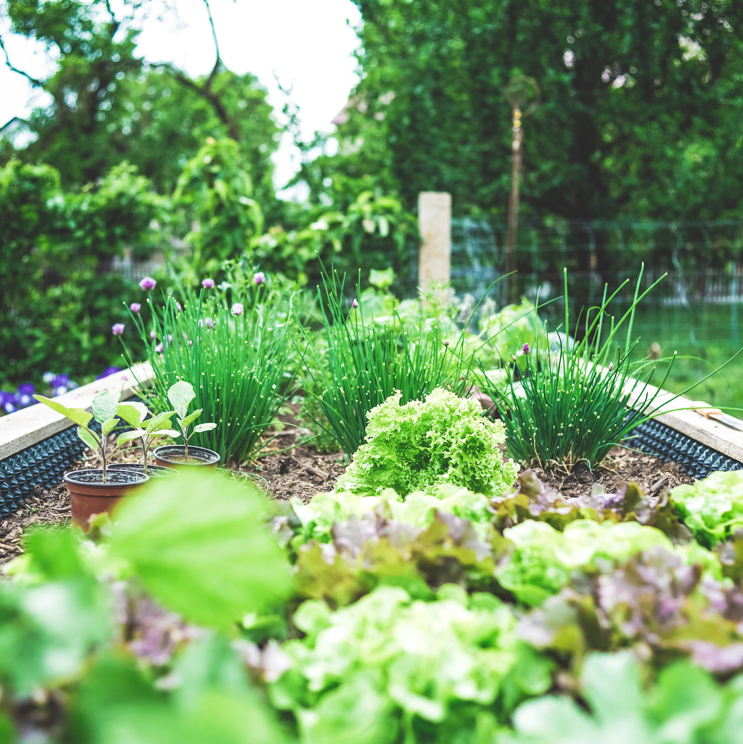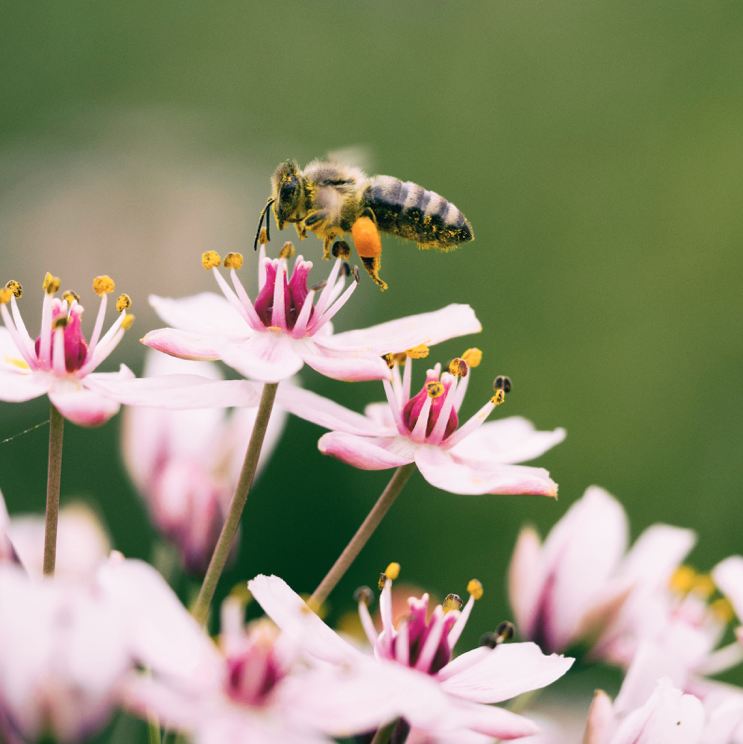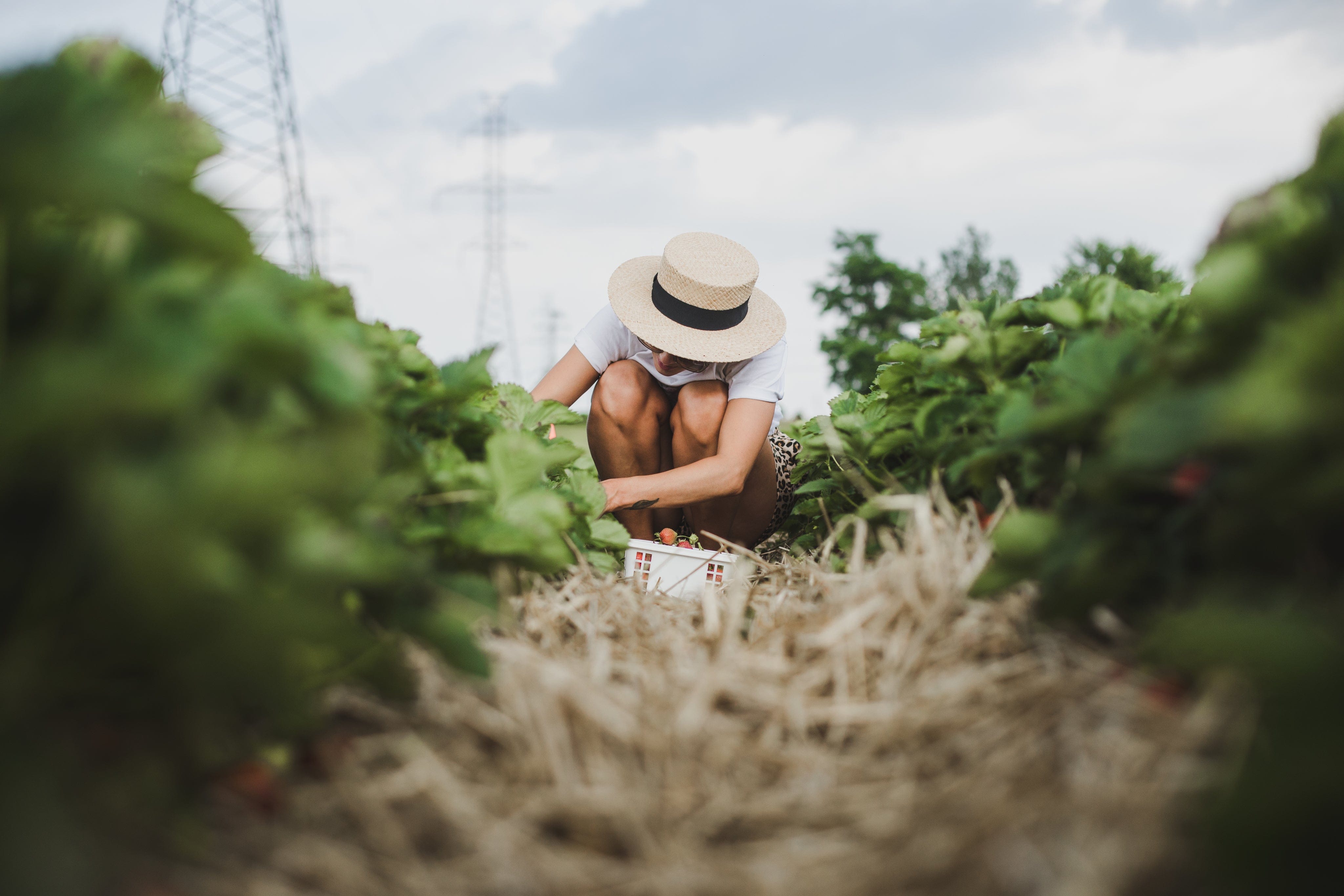
What is Mulch?

Mulch, compost, fertilizer, garden soil. They might all seem to be the same thing, but they are really not. Each has their own unique traits and uses, and of them all, mulch is without a doubt the most misunderstood and possibly the most underused.
What many new to the gardening world don’t know yet, is that mulch is without a doubt one of the most useful gardening tools that you have at your disposal. In fact, for most seasoned gardeners, mulch is their secret weapon for great success.
The purpose of mulch is to encourage the garden to retain moisture, which means it is going to require less watering. And on top of it needing less watering, when you add mulch to your garden, it is going to be easier to weed and it is going to be easier to get rid of any garden pests you might have.
If garden pests are one of your "pest peeves" learn which plants are best for pest control by giving this a read
But the greatest benefit of all is that the mulch is going to give your plants that important something that will make them extra healthy, so that within a few months, the plants will be more vibrant because they will be have given the boost they really need in order to truly flourish.
Now that you know the benefits of using mulch, you might be tempted to rush out and buy it, but before you do this, you need to know that there are different types of mulch, and choosing the right type is as important as knowing how to work with it.
Types of Mulch
There are 2 different types of mulch composition that you can choose from. The one type of mulch is the organic type and the other type is inorganic.
Organic mulch is made up of organic materials such as straw, leaves, compost, bits of tree bark, and chips of wood, and even paper. Inorganic mulch consist of inorganic materials like landscape textiles and black plastic.
The two types are the same in that they are both highly efficient in keeping weeds away, but only organic mulch can enrich the soil. Inorganic mulch is not actually ideal for gardens, because the inorganic materials won’t break down naturally. But that doesn’t mean inorganic mulch needs to be completely disregarded as it can actually be used in colder areas to keep the soil warm, which is beneficial when growing certain kinds of vegetables.

The most popular types of mulch include:
Wood chips and shredded leaves
You can make this combination on your own or you can buy it from your local gardening shop. Out of all the types of mulch out there, this is the most affordable of them all and it is really versatile. When you make your own, you won’t need any special machinery, all you need to do is rake up the leaves on your lawn and chop up any broken branches or dead trees.
This mulch can be used in flower beds and garden paths, but when using this type of mulch make sure that you remember that the bigger pieces of wood might get in the way when you are digging.
Grass Cutting
The next time you cut your grass, gather up the cut offs and put them in a bag. These clippings can become a fantastic mulch and since they are so rich in nitrogen, they will be wonderful for your vegetable garden.
Grass clippings are able to stop weeds from growing but since they decompose very quickly, they can create an unusual smell, which means it is sometimes best to use this mulch in a remote area of your garden where the smell won’t reach your house.

Compost
Compost can be used as mulch as well, and it is a fantastic way to give your plants an enriching pick-me-up. The only way that you can use compost as a mulch is to make sure that the compost is wet. Dry compost is not a great place for roots to grow, and can actually slow down the growth process rather than encourage it.
To keep the compost wet, add a layer to the garden bed and then place a layer of a different type of mulch, like leaves or shredded grass, to the top of it. This will trap the moisture in.
Plastic
Plastic is not a hugely popular mulch in a regular garden, because it has its downsides. It is not easy to work with, as a layer of plastic literally needs to be placed over the plants, with holes cut out through which the plants can grow, and this technique doesn’t work at all well in a normal flower garden.
Plastic mulch is the ideal option for a vegetable garden, where the plants can be spaced apart and individually taken care of.
When the plants are covered in a plastic mulch, it will help the plants create their own micro climate which will greatly aid plant growth.
How to use mulch
The way that you lay your mulch is going to depend on what it is that you are trying to achieve. If you want to rid your garden of weeds, you should make sure that your garden has been fully weeded before the mulch is laid. Doing this will prevent weeds from getting into the soil and taking over. If the weed seeds are already in the soil, you can try adding a thick layer of mulch on top of the soil, to prevent the weeds from coming up.

To keep the soil moist, you will need to use it lightly so make sure that you don’t overuse it around your plants. This could cause the plants to develop root rot which could ultimately kill the plant. You can avoid doing harm to the plants by keeping the mulch about 6 or so centimetres away from the plant stems and crowns.
As for when to use mulch, sticking to mid or late spring is a good idea. It is best to mulch before the summer days when the plants will enter the new growing season. You can also use the mulch in the winter months as it can be used to prevent the plants from freezing. If you are living in a frost area, make sure that you do your mulching just after the first frost.
Interested in reading more, click on the below:
There may not be mulch to it but let The Pot Shack guide you in your garden growth.




Leave a comment
This site is protected by hCaptcha and the hCaptcha Privacy Policy and Terms of Service apply.